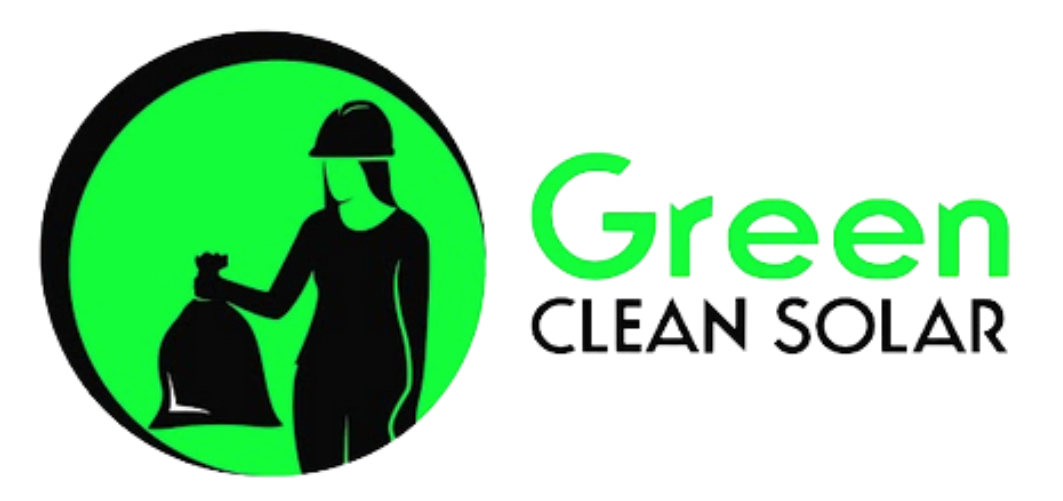
The global transition to renewable energy is accelerating rapidly, and thus, managing solar waste poses one of its biggest challenges. As millions of solar panels reach the end of their life cycle, solar waste management companies are stepping forward to ensure sustainable disposal that meets both environmental and economic objectives.
The Rising Demand for Solar Waste Solutions
The rise of solar energy installations continued for many decades, but at the present time, a new challenge is emerging as these installations continue to face the challenge of disposal and recycling the outdated equipment itself.
By their general lifespan of 25 years (According to the U.S. Environmental Protection Agency), the first major wave of decommissioned solar panels is approaching the time of retirement as use continues. Without real waste management measures taken, these panels may contribute significantly to excess landfill waste and environmental pollution.
One of the companies addressing this challenge through new recycling processes to recover materials such as silicon, silver, copper, and aluminum is Green Clean Solar. Their focus on landfill diversion and advances in recycling ensures the repurposing of solar waste rather than throwing it away.
The Role of Solar Waste Management Companies
Solar waste management companies maintain the sustainability of solar energy by offering solar waste management consulting services. These services help businesses and solar developers to create customized disposal strategies. Often, they include these key initiatives:
Innovative Recycling Techniques:
They employ mechanical, chemical, and thermal methods to recover valuable materials from old solar panels.
Promoting a Circular Economy:
They ensure that solar components are reused and reintegrated into new manufacturing processes to reduce the dependency on raw materials.
Decommissioning Solar Systems:
They facilitate the safe removal and disposal of old solar systems while minimizing environmental impact.
Environmental and Economic Benefits
Reducing Environmental Footprint:
Proper recycling saves the ecosystem from harmful elements such as lead and cadmium that seep into soil and water.
Boosting Economic Opportunities:
Extracting and reusing materials from old panels generates new revenue sources, spurring green jobs and circular economic growth.
Enhancing Sustainability Reporting:
Businesses that focus on responsible solar waste disposal as part of their ESG (Environmental, Social, and Governance) reporting can strengthen their sustainability credentials.
The Future of Solar Waste Management
Government regulations are rapidly being tight to regulate electronic waste. Solar waste management companies are ready for significant growth. Policymakers in the U.S.A. are already implementing measures to encourage solar panel recycling and sustainable end-of-life solutions.
The advancement of technology will enable the efficient and cost-effective decommissioning of solar systems and the recovery of high-value materials. Companies that invest in solar waste management consulting services will reap compliance with emerging regulations while lowering their overall carbon footprint.
Conclusion
In the arena of solar energy, it is a very rapid expansion that demands a strategic approach towards waste management. Innovative solutions through which the solar waste management companies are enabling improvement in processes and recycling, landfill diversion, and business model development.
On this note, organizations can embrace responsible solar waste disposal that supports long-term economic and environmental goals by partnering with experts like Green Clean Solar. While the industry changes, it is going to be during this crucial change period in which sustainable management of solar waste plays a vital role, earmarking the renewable energy of the future as truly green.
FAQs
1. What is the typical lifespan of solar panels?
According to the U.S. Environmental Protection Agency, solar panels typically last 25 years. However, they can be recycled to yield valuable materials such as silicon, silver, copper, and aluminum. Green Clean Solar specializes in recycling processes that divert waste from landfills and encourage material reuse.
2. Are decommissioned solar panels are a hazardous waste?
Some solar panels used contain hazardous substances, such as cadmium and lead. The U.S. Environmental Protection Agency further suggests that the generators of solar panel waste should undertake appropriate tests or use generator knowledge to ascertain whether their panels are hazardous.
3. What are the environmental benefits of proper solar panel recycling?
The process of recycling solar panels does help reduce environmental pollution due to the fact that it prevents all the harmful components from leaching into the ground as well as into water bodies. It recycles and conserves resources by salvaging very precious materials and hence lessens the need for extraction of raw materials.

Comments